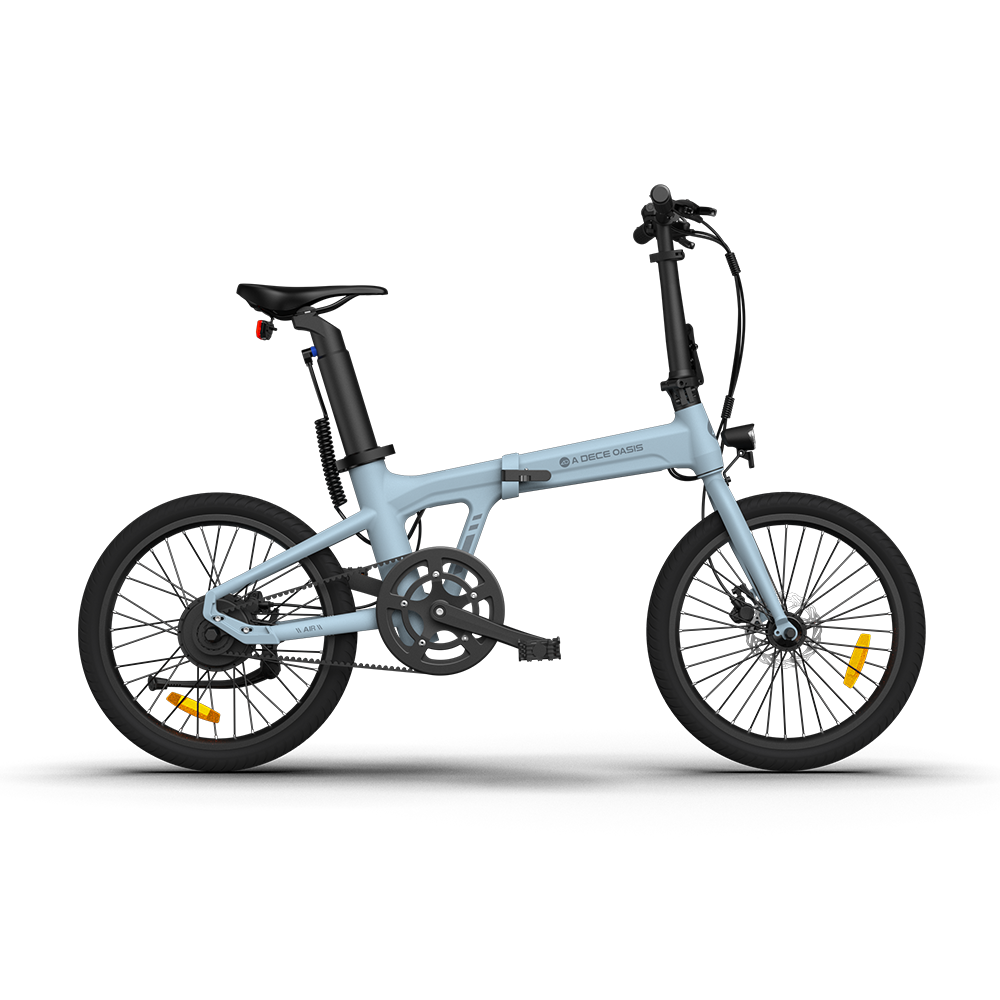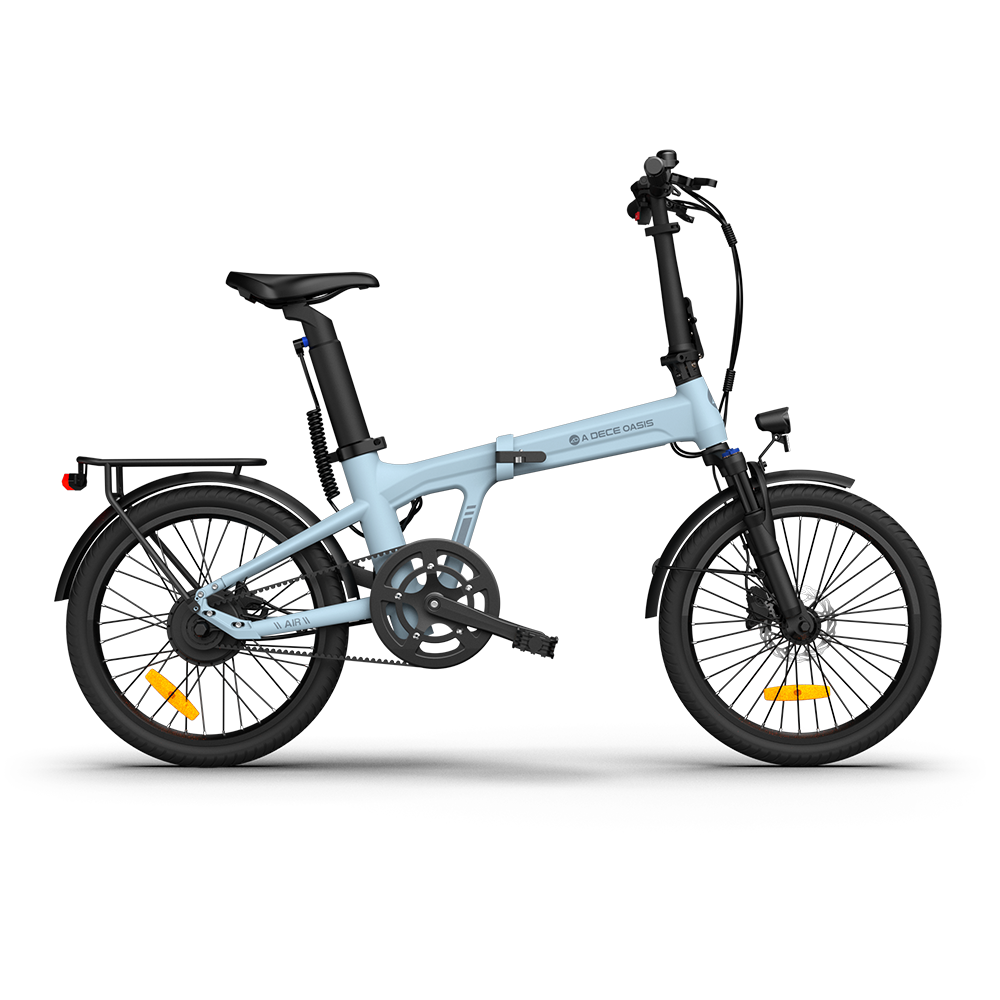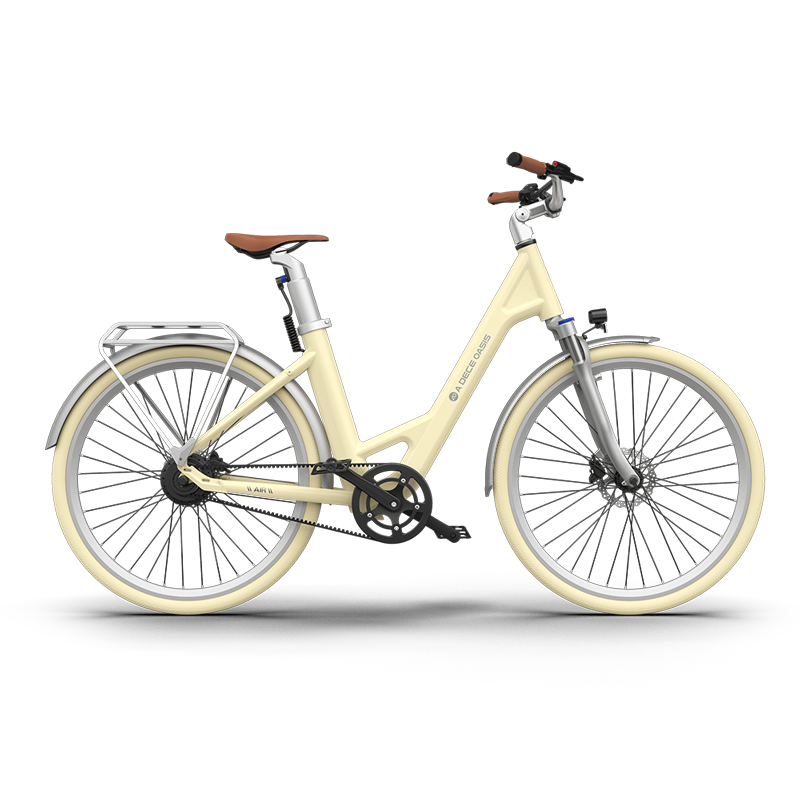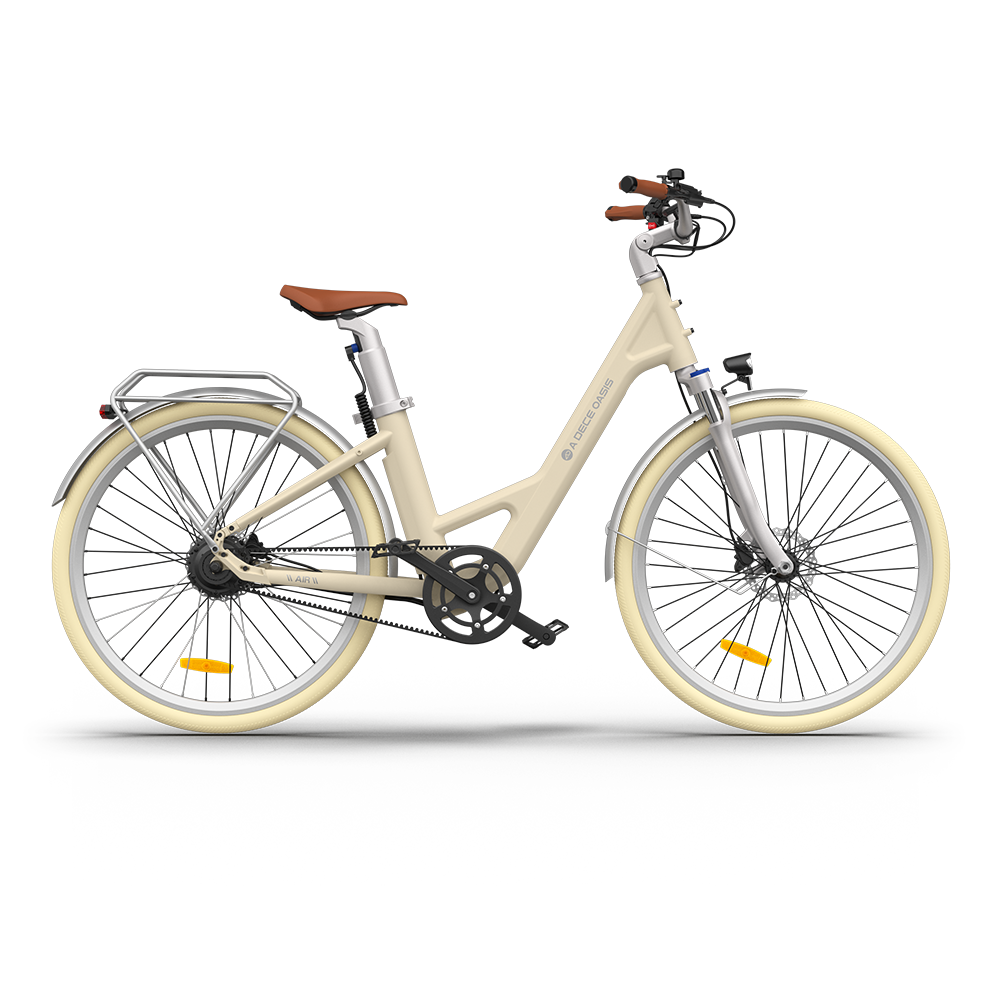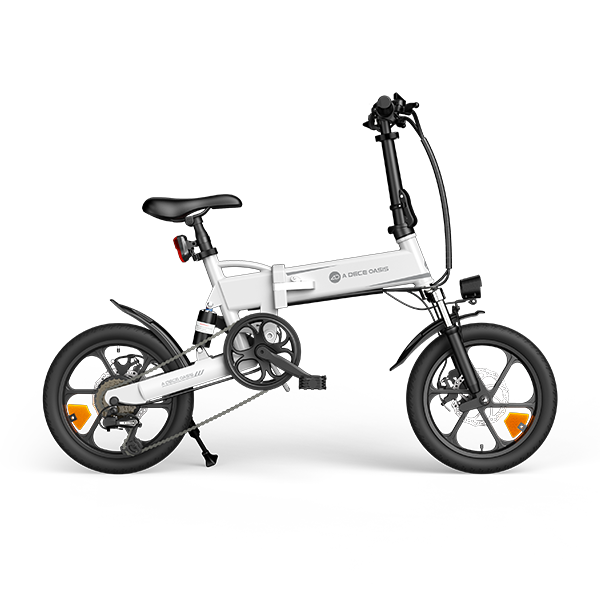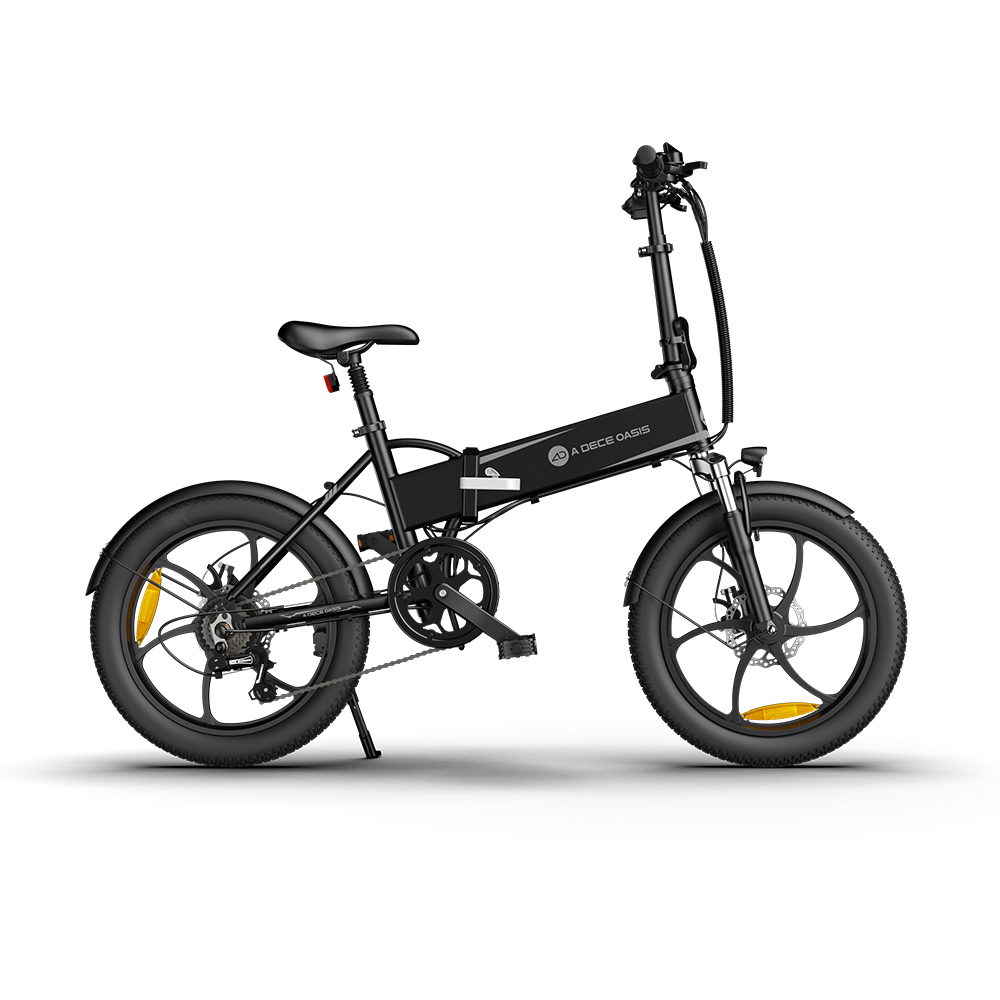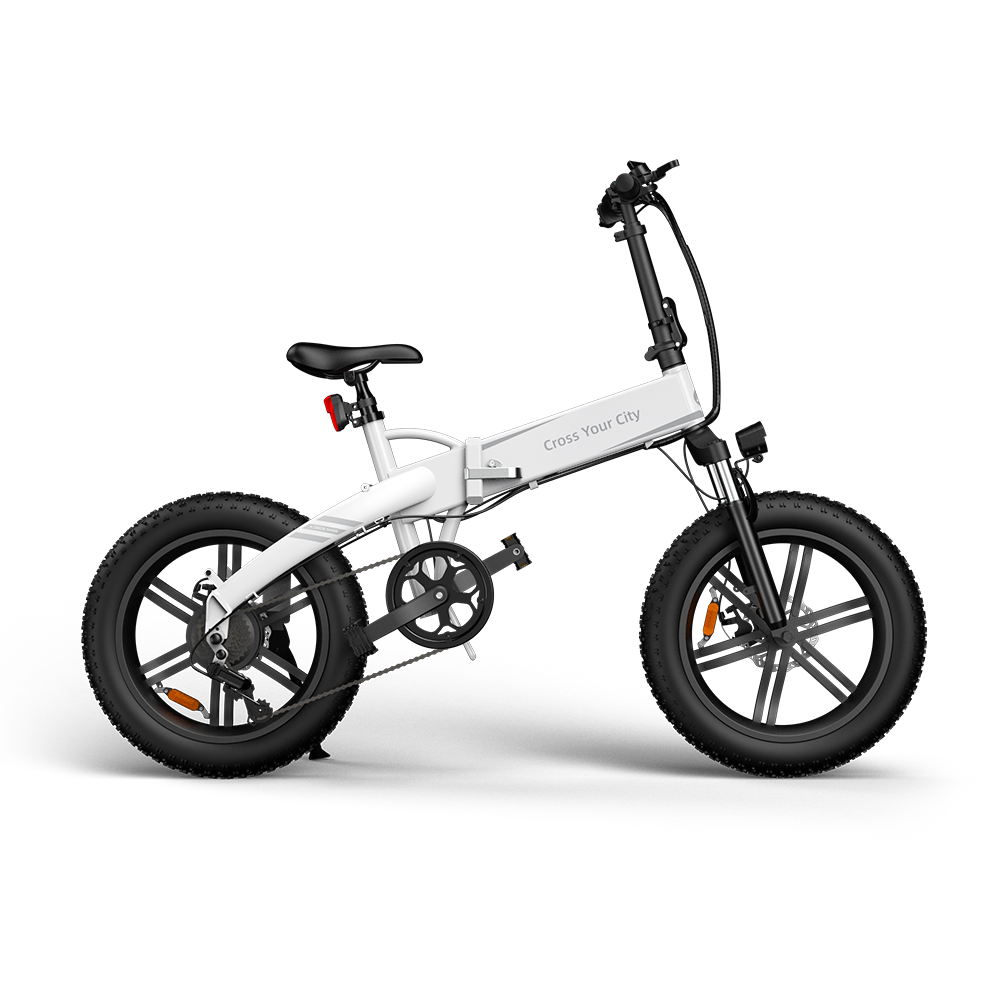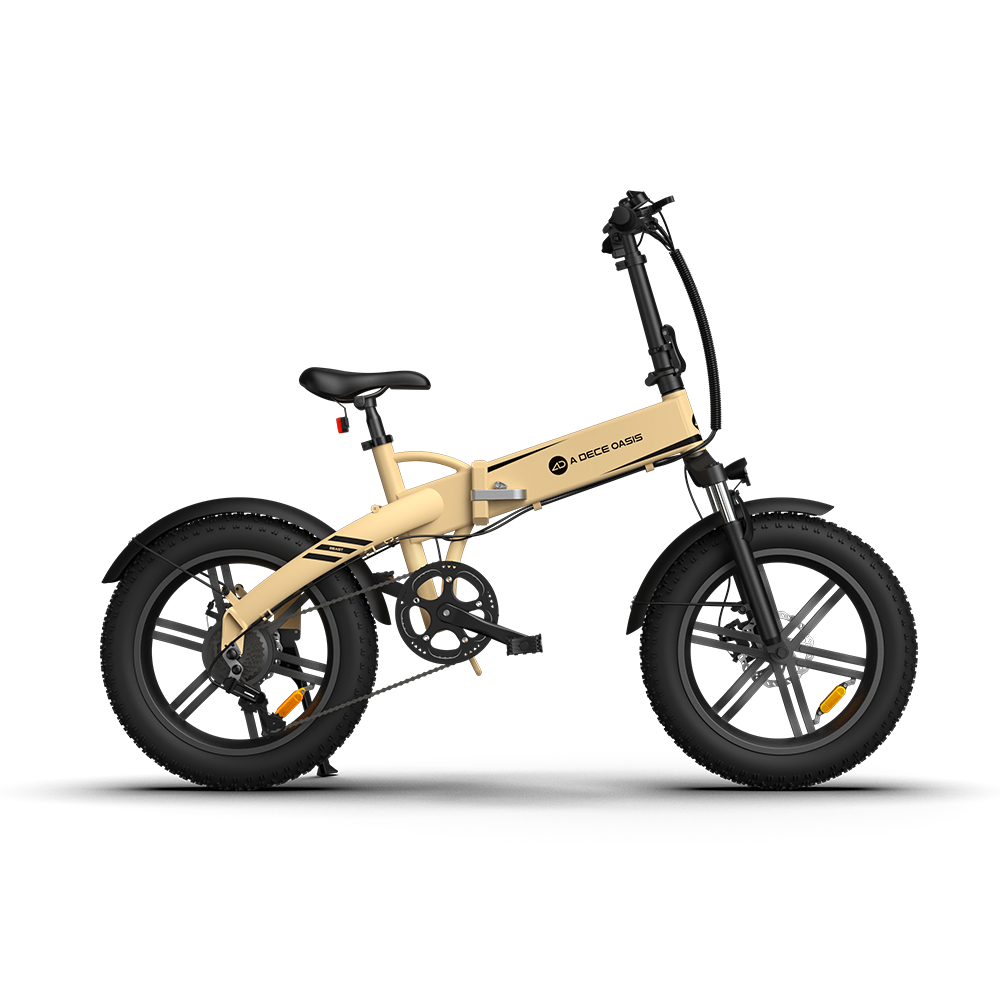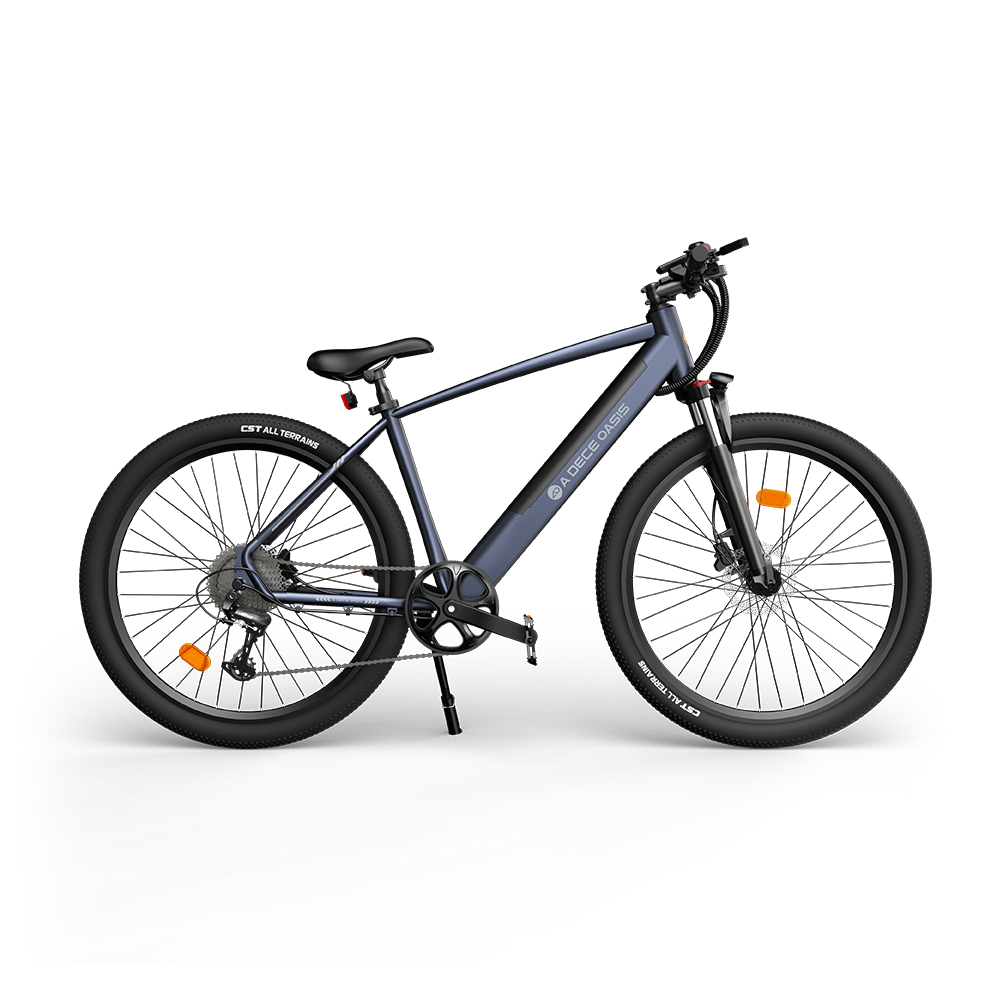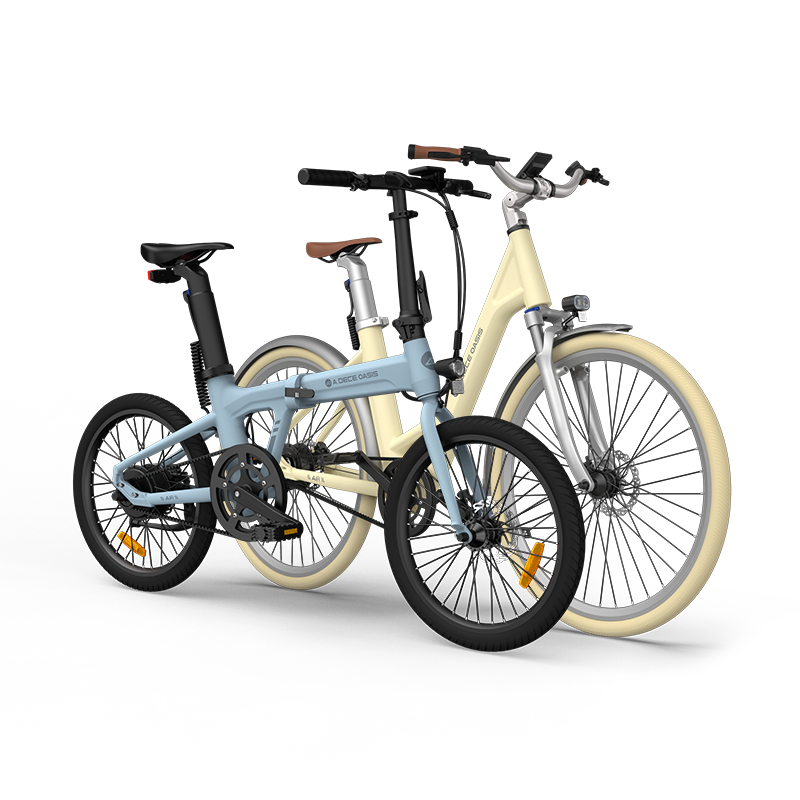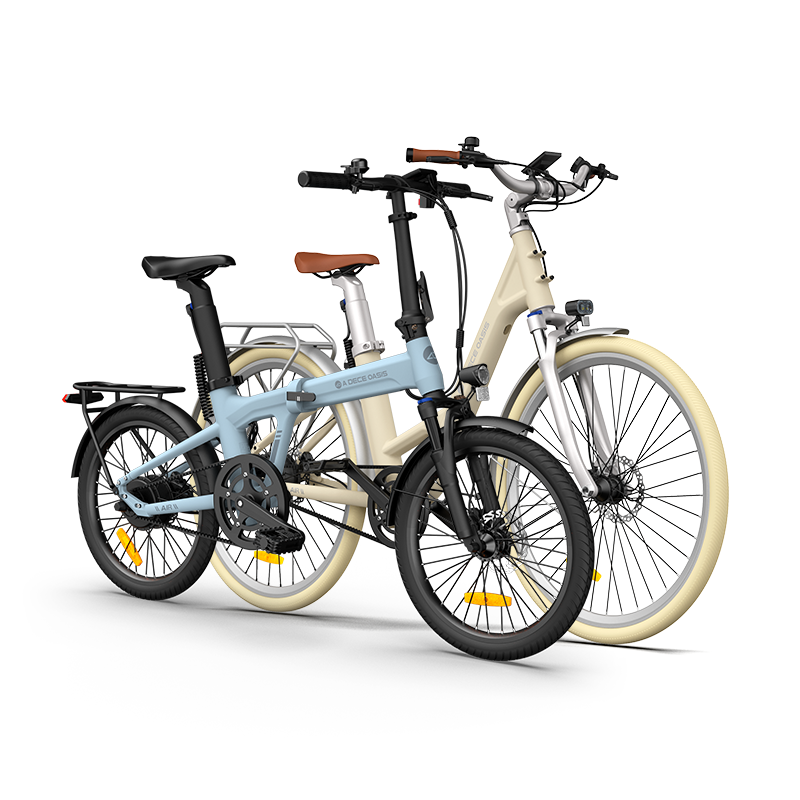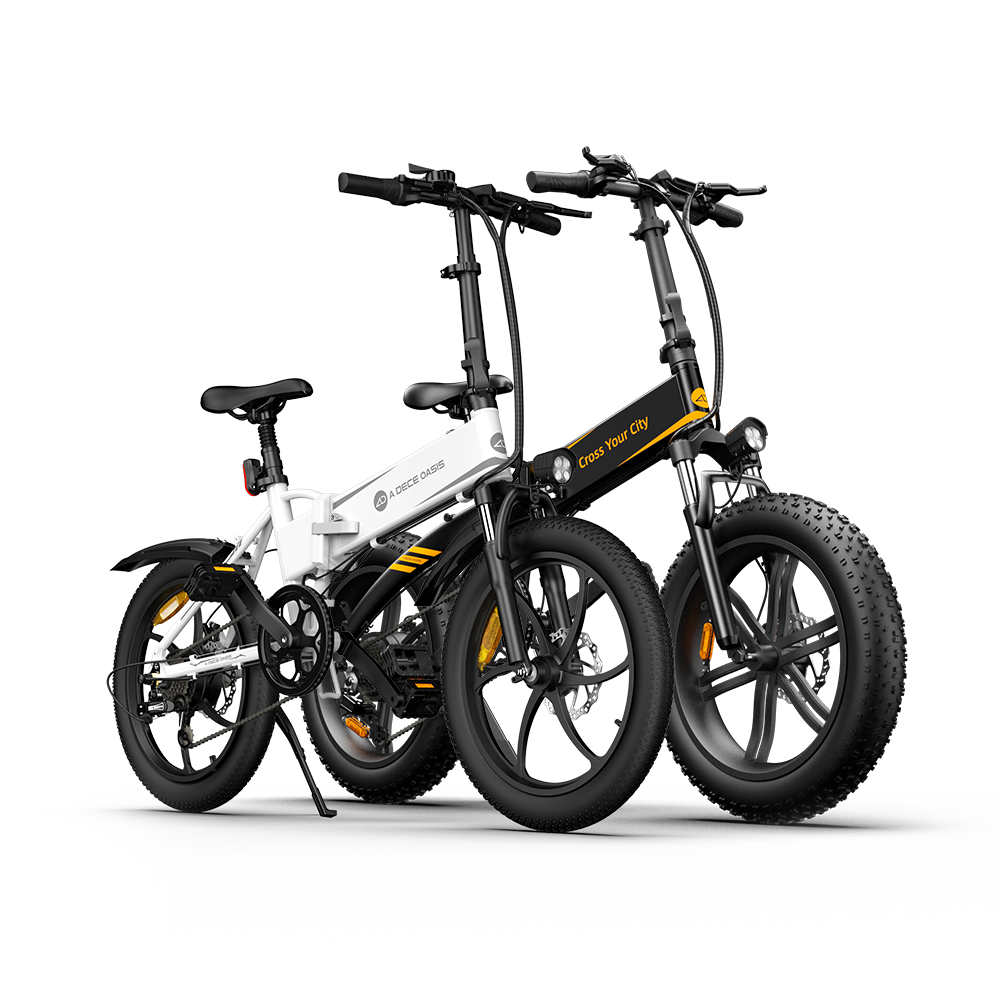In the journey of technological evolution, ebike braking systems have undergone significant transformations. This progression mirrors the quest for safer, more efficient, and more reliable braking mechanisms. This blog sheds light on the evolution of ebike brakes, elucidating the journey from Rim Brakes, Disc-Brakes to V-Brakes, and the unique attributes each brings to the cycling experience.

Rim Brakes: The Genesis of Stopping Power
Rim brakes signify the rudimentary phase in the evolution of bicycle braking systems. They operate by clamping onto the sides of the wheel rim, leveraging the rim as the primary structural component, the tire mounting base, and the braking surface. The mechanism is straightforward; you pull the lever, which in turn tugs the cable, compelling the caliper to clamp down on the rim, thus generating friction to halt the bike.
Advantages of Rim Brakes:
-
Lightweight: Rim brakes are lighter compared to their disc brake counterparts, a crucial factor for speed enthusiasts.
-
Simplicity: The mechanism is simple, making them easy to repair, adjust, and maintain.
-
Cost-Effectiveness: They are generally cheaper and parts are widely available.
Downsides:
-
Weather Dependency: Their efficiency dwindles in wet or muddy conditions as the rim's surface gets slippery.
-
Wear and Tear: Continuous usage leads to rim wear, which could ultimately necessitate a new wheel.

Disc Brakes: The Leap Towards Enhanced Stopping Precision
The advent of disc brakes marked a significant stride towards enhancing braking precision and reliability. Unlike rim brakes, disc brakes feature a separate rotor affixed to the hub that provides the braking surface. The caliper, mounted to the frame and fork, encloses the rotor, and when the brake lever is engaged, it prompts the brake pads to clamp onto the rotor, generating the required stopping force.
Advantages of Disc Brakes:
-
Consistent Performance: They offer consistent performance across varying weather conditions.
-
Superior Stopping Power: Greater stopping power with less force required at the lever.
-
Less Rim Wear: They eliminate the possibility of rim wear, extending the wheel's lifespan.
-
Better Modulation: Easier for the rider to meter out the exact amount of stopping power needed.
Downsides:
-
Weight: They are heavier compared to rim brakes.
-
Maintenance: Hydraulic disc brakes require special tools for bleeding, which could be a bit technical.

V-Brakes: Bridging the Gap
V-brakes or linear-pull brakes, represent a middle ground, offering a balance between the simplicity of rim brakes and the superior stopping power of disc brakes. They feature long arms with the brake cable pulling vertically to increase efficiency.
Advantages of V-Brakes:
-
Improved Stopping Power: Better stopping power compared to traditional rim brakes.
-
Ease of Maintenance: Simpler to maintain compared to hydraulic disc brakes.
Downsides:
-
Modulation: They might lack the fine modulation of hydraulic disc brakes.

Disc-Brake Variants: Mechanical and Hydraulic
Disc brakes are further categorized into mechanical and hydraulic disc brakes. Mechanical disc brakes are cable-actuated, where pulling the lever pulls a cable that activates the caliper to clamp the brake pads onto the rotor. On the flip side, hydraulic disc brakes replace the cable with hydraulic fluid in a sealed system, offering better modulation and self-adjustment for pad wear.

Wrapping Up the Braking Journey
The journey from Rim Brakes, through Disc-Brakes, to V-Brakes reflects the ebike industry's relentless pursuit of creating a safer and more efficient riding experience. While disc brakes are seemingly becoming the standard, each brake type finds its unique application in the diverse ebiking landscape, underscoring the richness in choice and the tailored riding experiences ebikes offer today.


